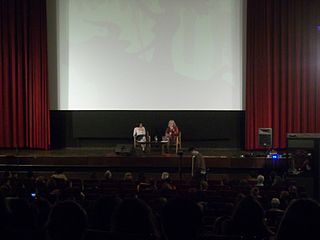A Quote by Jen Hatmaker
Maybe we don’t recognize satisfaction because it is disguised as radical generosity, a strange misnomer in a consumer culture.
Related Quotes
Real success is found in radical sacrifice. Ultimate satisfaction is found not in making much of ourselves but in making much of God. The purpose of our lives transcends the country and culture in which we live. Meaning is found in community, not individualism; joy is found in generosity, not materialism; and truth is found in Christ, not universalism. Ultimately, Jesus is a reward worth risking everything to know, experience, and enjoy.
The inner sort of consumer identity got the best of people. And everybody just wants things for free. And that's created this strange kind of cheapness to everything, where everything becomes throwaway. And people, I think, have started to undervalue things, maybe because there's too much, maybe because it's too easy to make, but I think mostly just because, somehow, that's the pattern that got set. And I think that's regrettable.
Historians differ on when the consumer culture came to dominate American culture. Some say it was in the twenties, when advertising became a major industry and the middle class bought radios to hear the ads and cars to get to the stores. ... But there is no question that the consumer culture had begun to crowd out all other cultural possibilities by the years following World War II.
As a Scot, I instinctively feel a sympathy towards a culture which is based on generosity. It's very refreshing. Afghans think they're the best people in the world and their country is the best place in the world, and it's strange because you go there and it doesn't really look like it, and yet they assume that everybody else envies them.



































